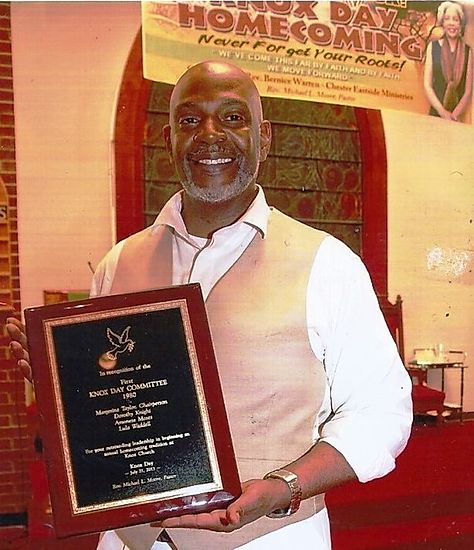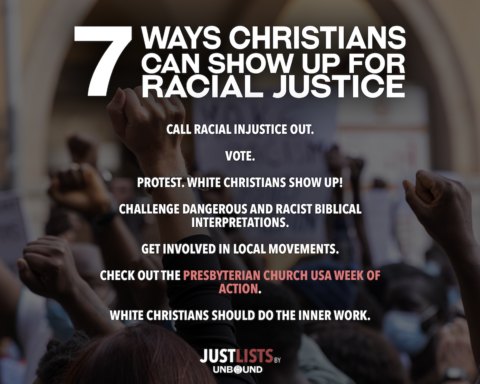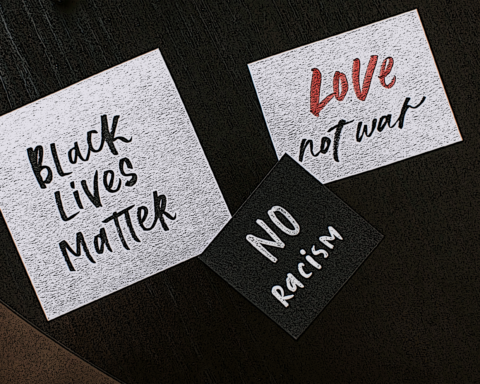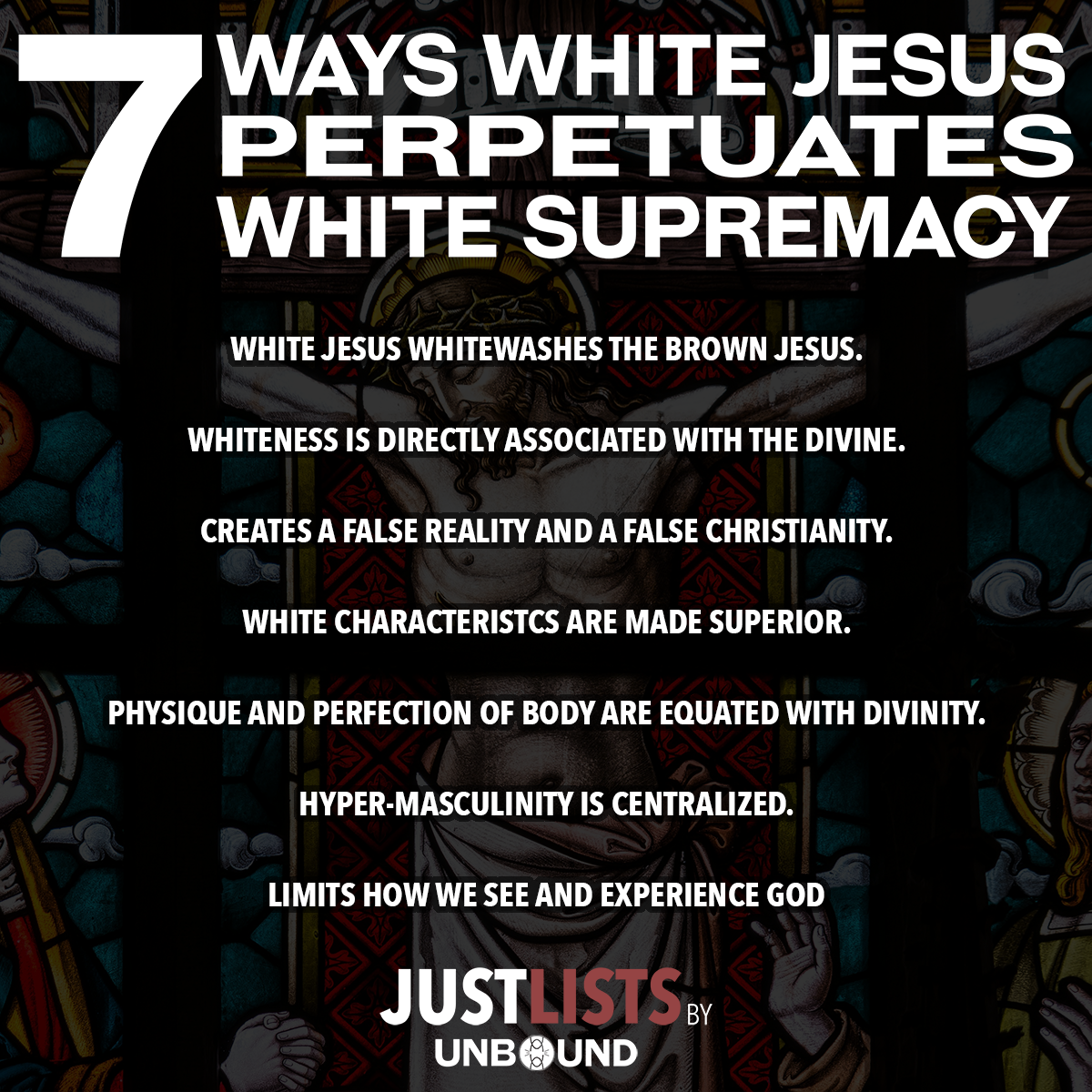HISTORICAL JOURNEY
The beginnings and journey of Knox Presbyterian Church reveal a church community with a defiant hope and a tenacious faith to overcome all odds to be followers of Jesus Christ.
Knox was started in 1926 as a mission to address the great Black migration from the south to the North. My own family moved from Chester, South Carolina to Baltimore in that migration.
My parents were products of Brainard Institute, a missionary effort started by Presbyterians in South Carolina. They and my grandparents settled in East Baltimore and were some of the first members of the fledgling missional Knox church.
At a time when Black Presbyterian ministers were primarily trained at the two Black Presbyterian seminaries, Johnson C Smith and Lincoln University, the church chose a young man of 26 years by the name of Herman Octavius Graham, relatively new to our shores from Jamaica.
He was chosen to start the effort with little to no resources and there was still much debate then about whether Black people could make good Presbyterians; were Black people too “emotional” and not rational enough to support a Presbyterian church?
However, Rev. Graham and the small church of forty members requested to be organized as a Presbyterian Church and on May 20, 1930, came into the Presbyterian fold. For over 46 years– through the Great Depression, segregation, Jim Crow, Civil Rights– the organizing pastor led this little church to survive and even thrive.
Rev. Graham’s longevity (1926- 1975) is unheard of in ministry today. At his retirement banquet in 1974, he said “It was like Pharaoh, the Egyptian King, who demanded his slaves, the Israelites, to make bricks without straw; it was like asking for a heated house without providing wood, coal, oil, gas or electricity. It was like asking for a full stomach without supplying food.”
Other ministers over the years have journeyed with Knox through highs and lows. The iconic times of the Rev. Dr. Lonnie Oliver and the Rev. Bernice Warren were years of education and numerical growth (1975- 1984). The Rev. Gordon Marshall led the church in a successful mortgage-ending campaign (1986-1990). The Rev. Charles Thomas led a stable comforter pastorate (1994-1999). The first female pastor, the Rev. Iris Tucker, brought an Afrocentric awareness, including a “Maafa program and psychodrama depicting the journey of Black people through the middle passage (2001- 2004).
Tucker was also instrumental in highlighting current conditions in Baltimore when the home of a local family, the Dawson’s, was firebombed in retaliation of opposition to the local drug trade.
I am the sixth installed pastor, a child prodigal (“prodigy” in our official documents!) of the church returning after 20 years of ministry around the country (2011-present). Returning to Baltimore was an exciting and sobering experience at the same time. It was home and home to some of the greatest, most courageous, loving and supportive people I know in the world. But the power of oppression and unfair structures had not changed one bit. In fact, those powers are worse.
THE CHALLENGE
The riots that raged in Baltimore to protest the police-custody death of Freddie Gray didn’t happen in a vacuum. The violence and destruction are in no way justified but they can be partly explained by decades of failed government attempts to rejuvenate Charm City’s fortunes.
Our ministry and mission operate in a city in crisis. What most outsiders are not aware of is that Baltimore has been in a long-term crisis of neglect ever since the first so-called riot or uprising in 1968 after the assassination of the Rev. Dr. Martin Luther King, Jr.
I watched that riot break out as a ten-year-old, watching national guard tanks rolling down my block with community businesses in flames. Now, new generations of families have arisen that know nothing about those scarring yet sacred family memories, and the differences they made in the community, neighborhood or hood. Our church developed traditions for both endurance and healing in response to those events.
One of Knox church’s “mothers” is always chiding me about how we must “bring back the table” in our homes in the community. The “table” represents enjoying food, family, and laughter, but it also where you get to be in everyone’s business and hold everyone accountable.
I said, “Mother, things have changed.” She responds, “Pastor, people ain’t changed that much; these new children need the table.” I came to agree, “Mother I think you’re right!”
The Oliver community in east Baltimore (like many other places) is experiencing gentrification by the city and large institutions like Johns Hopkins Hospital, part of the largest employer in the state. Johns Hopkins’ expansion plans have torn down most of a distressed neighborhood, displacing about 740 families, many long-term residents.
The city’s murder rate has skyrocketed after the Freddie Gray riots, with the police department under investigation and a claim by some that police and community relations are at an all-time low.
And of course, it did not help to have the White House call Baltimore a “rat and rodent-infested” place that nobody would want to live in. This is not the truth nor is it the character, spirit and work ethic of the many great people in this city. Yes, there are issues, but they are the result of a long history of structural racism and neglect.
Our church is a few blocks from the expanding Hopkins hospital campus. We don’t know what our community will look like, but as a church we have decided, “we are not going anywhere.”
STRATEGY
Our ministry is still to the low income, those with blue collar employment and unemployed struggling families in Oliver. Our Soup Kitchen has been running for 25 years and still cooks home meals, feeding and clothing the community with welcome, joy, enthusiasm, faith, and love. Yet one of our milestone revelations came when we realized that to do effective ministry in the 21st century, “you cannot do it alone.”
We got involved with the Presbytery of Baltimore’s Ministry groups. This is a programmatic way to connect churches to do ministry together out of shared ministry funds.
Ministry Groups are an essential part of the Presbytery’s mission. They strengthen the bonds among our congregations by encouraging Christian Formation; Congregational and Leader Development; Missional Engagement, the Creation of New Faith Communities; as well as, Prophetic Witness and Action for Reconciliation. The six Ministry Groups are facilitated by conveners from each region and supported by presbytery staff.
After the Freddie Gray uprising, the Presbytery responded with a focus on racism, poverty, and justice.
Our church decided we wanted to build relationships. We knew that that racism is a difficult subject to engage the community around, but we knew we had an opportunity to educate and inform our congregations of validated studies of unconscious or implicit bias that costs lives.
If the church is to provide spiritual and moral leadership of the community, why are we so weak in articulating that racism is a spiritual problem? We tend to think of racial prejudice and animosity as purely social deficiencies—but they indicate a serious spiritual deficiency, too.
The oppression built into our social reality has a deep impact on who we are. Our access to resources like stable education, quality, and sensitive healthcare, clean water, and nutritious food are all deeply shaped by racism. But what about things that blur the line between who we are socially and who we are at our core, or in our soul? The spiritual components of who we are, like our attitudes on love, generosity, and trust, or our tendency to be inclusive or judgmental, are also deeply shaped by race and racism. One giant example: white supremacy directly opposes the interconnectedness of humankind.
Jesus told a kind of parable about how “unclean spirits” after they have vacated a house; they roam and wander and when they cannot find a new home, they return to their old house bringing seven more wicked spirits and the house is in worse condition.”
While we must protest, march, vote, organize and make policies to fight the social ills of structural racism we must not forget that people make up institutions.
Perhaps the Apostle Paul put it best:
“For we wrestle not against flesh and blood, but principalities, against powers, against the rulers of the darkness of this world, against spiritual wickedness in high places.” (Ephesians 6:12; NRSV)
When we start to realize that the root of racism is not only social but that it lives in the veins and heart of our society, it becomes clear that changing policies and structures can only carry us so far. A huge amount of work on eradicating racism needs doing in organizational and systemic spaces—but we cannot neglect the spiritual crisis it represents, either.
We encouraged the Presbytery and its gatherings to engage in courageous dialogue. Over three years as a church we hosted, engaged, prayed to be in the conversation. We hosted several of those dialogues and encouraged our sister churches to do the same. As a result, a Dismantling Racism team was formed, entertaining the question; if we can have a sexual abuse policy that mandated clergy participation why not mandate our leadership to evolve in awareness?
As result, the Dismantling Racism Training has already trained over fifty-six leaders in a type of Racism 101 course. We envision every 3 years participants will return and acquire tools to incorporate in their perspective ministry and mission.
Those who participate discover that stepping outside your comfort zone and being in a relationship with “the Other” empowers you to find and create relationships and cross-pollinate creativity in doing ministry together. No one should be naive to think that the effort of the dismantling of racism is not going to take the diversity of peoples. Thus our redevelopment strategy at Knox is to step out of our comfort zone, build allies and partners to do ministry together.
WAY FORWARD
Our historical journey theme has been “ We are a small church that does big things with great expectations; the new journey is that we are:
“A community church building bridges and making Disciples for Christ.”
We know the challenges are enormous, but the good news is our church has firmly decided to redevelop, even if this can be a slow process of disorganizing to reorganize.
Our redevelopment team set the course with leadership retreats focusing on community organizing and partnering with BUILD (Baltimore United in Leadership Development), a broad-based, non-partisan, interfaith, multiracial community power organization rooted in Baltimore’s neighborhoods and congregations. Its mission, Build One Baltimore, focuses on Employment, Crime and Safety, and Youth Opportunities.
We work with the Presbytery of Baltimore’s “Center” in the summers with our vacation Bible school to connect congregations to do summer mission work in communities and equip churches and individuals to engage boldly with their neighborhoods.
We engaged B.U.I. L.D. to assist us in learning how to do “one on one” meetings, to understand community organizing. Get trained; get active in the community. We have partnered with neighbors like the Dawson House After-school programs. We just started a program called, “you speak,” mentoring youth to support after-school activities.
We are becoming more visible again. Many community residents did not realize we were a church, but thought we were a police station. This means in today’s environment, that many people don’t even recognize our traditional symbols of the sacred.
That helped prompt us to bring in a mural artist and engage youth in the community to create a beautiful mural of our version of the Garden of Eden. The community gave us the thumbs up and are very proud of the calm serene scene they can view every day.
We open our parking lot to neighbors on days when a nearby funeral home is overrun with outsiders parking in neighbors’ home parking spaces.
We got involved with Interfaith Partners for the Chesapeake, a faith-based initiative to empower faith communities to protect and restore our shared watershed. We planted trees on our property and are designing a community garden.
Our church partnered with Johns Hopkins’ Diabetes Prevention Program for Making Lifestyle changes. We have trained four lifestyle coaches through the Hopkins program and ran classes for a year teaching and training 12 participants in techniques for how to prevent diabetes.
Our church is stretching itself in sponsoring community picnics on our parking lots, health workshops, and other initiatives to inform and support our community. Sometimes we have even moved out of the pews and into open-air worship services.
Yes. We are a small church, and, in many ways, our traditional church is disappearing as our patriarchs and matriarchs move on to glory; but what remains is our foundation. We don’t know what the future holds. But one thing we here at Knox are committed to: “We are not going anywhere.” Because at the core of our belief is that we know that Jesus Christ is the author and finisher of our faith.
This piece is a part of a larger document called the Epistles of Baltimore.

Rev. Michael Moore is the pastor of Knox Presbyterian Church and current vice moderator of the Baltimore Presbytery and co-chair of the Dismantling Racism team pilot program mandating training for administrative and clergy leadership within the Baltimore Presbytery.






Unbound Social